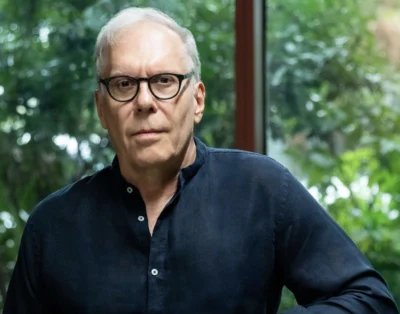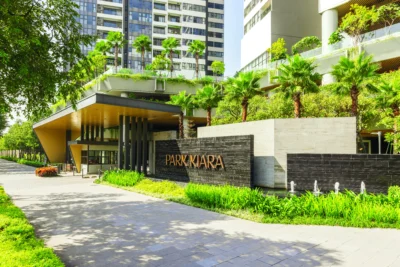Foreign buyers are now looking to invest in Phuket resorts, says JLL
The growing appeal is credited to the island’s experience economy

According to JLL Hotels & Hospitality’s Global Resort Report: Three-Part Series, Phuket resorts have become the primary target among foreign investors, prompted by the increase in experience-driven travel and the growing appeal of locally-inspired hotels.
In the report, Asia accounted for seven percent of global resort sales. Throughout the entire region, the leading investors were private equity funds, making up about 20 to 50 percent of the yearly resort transaction in every market.
Meanwhile, Phuket was listed as one of the three hotel investment markets that stood out in the region.
Between 2014 and the first half of 2019, a total of THB4.85 billion (USD160.1 million) resorts were purchased on the island, with half of these resorts costing more than THB950 million.
Throughout this period, foreign investors dominated the investment activity as their total acquisitions amounted to 79 percent of the overall investment volume, with the biggest inbound capital of around 58 percent credited to Singapore.
More: Condotels gain popularity in Thailand’s holiday hotspots
The findings also highlighted the developers as the most acquisitive group, making up over 65 percent of Phuket’s overall transaction volume.
As the island’s tourism growth remains stable, it has become one of the primary hospitality investment destinations for foreign buyers in the region.
From 2008 to 2018, the number of overnight visitors grew, as international and domestic travellers recorded a 10.9 percent and 9.9 percent CAGR, respectively. Of the total arrivals, about 72.7 percent of overnight visitors were foreigners.
“In 2019, the number of international visitors to Phuket is likely to taper off slightly due primarily to surging Thai Baht and unfavourable global economic conditions,” said Pitinut Pupatwibul, senior vice president of strategic advisory at JLL’s Hotels and Hospitality Group.
“However, investors have continued to show keen interest in acquiring quality resort assets in Phuket as they remain confident in the long term outlook for the tourism market of one of the world’s most popular holiday destinations.”
“In addition, increased air connectivity, lower barriers of entry through visa fee waivers and limited future supply are expected to bode well for Phuket’s resort segment in the medium to long term,” she added.
Recommended
Asian infrastructure investments boost real estate and economic growth
Governments around Asia are spending billions to fuel infrastructure development to boost real estate and economic growth
Arquitectonica’s global impact reshapes skylines from Miami to Asia
Bernardo Fort-Brescia and his design practice Arquitectonica are making a seismic impact in Asia from an HQ in Florida
Park Kiara in Hanoi raises the bar for sustainable urban living
Park Kiara in Hanoi is a repudiation of low-density, car-dependent suburban sprawl
6 reasons Bekasi is rising as Greater Jakarta’s next hotspot
One of Greater Jakarta’s rising stars is prospering, thanks to ample recreation and a contingent of desirable housing projects








